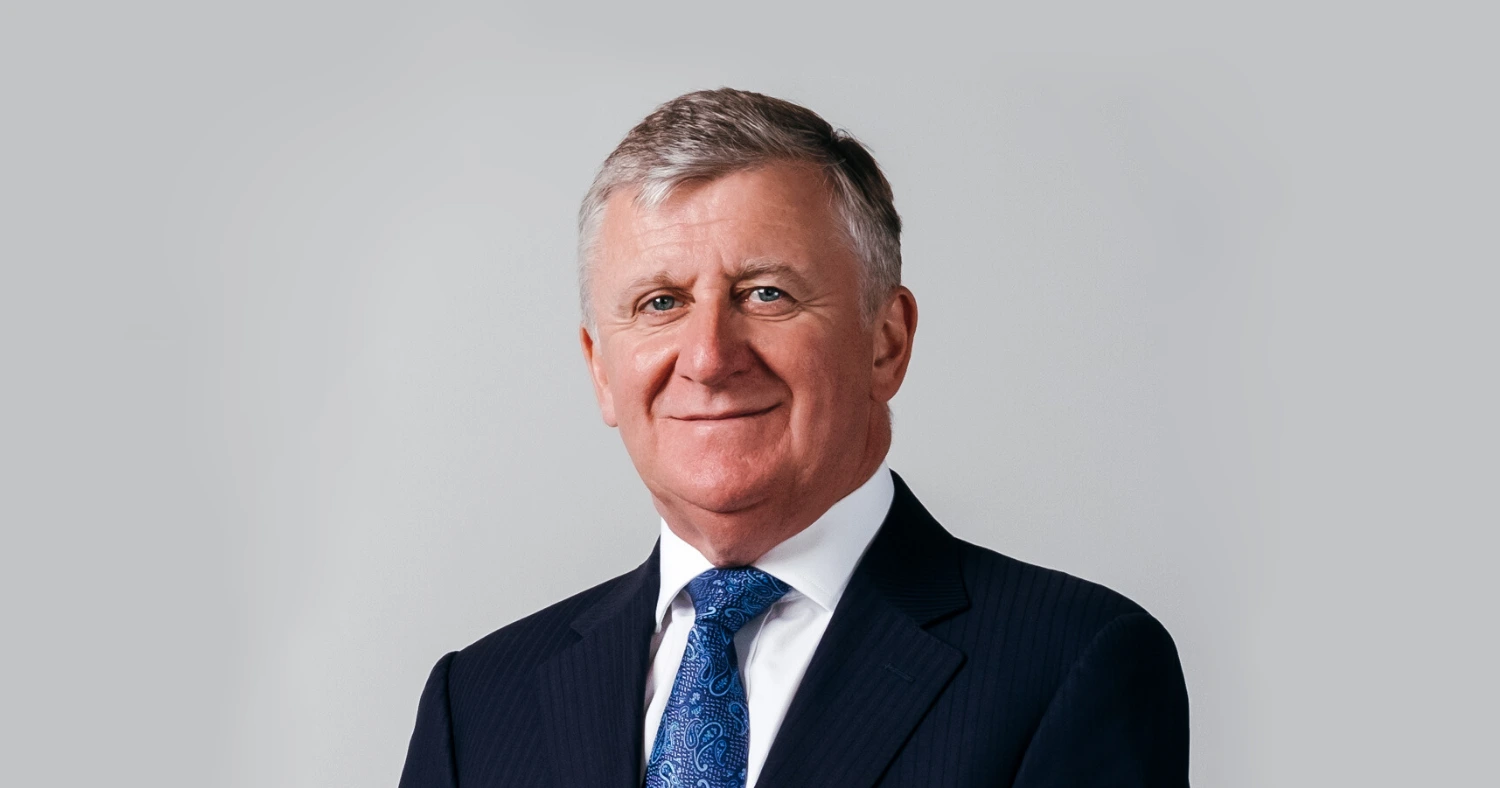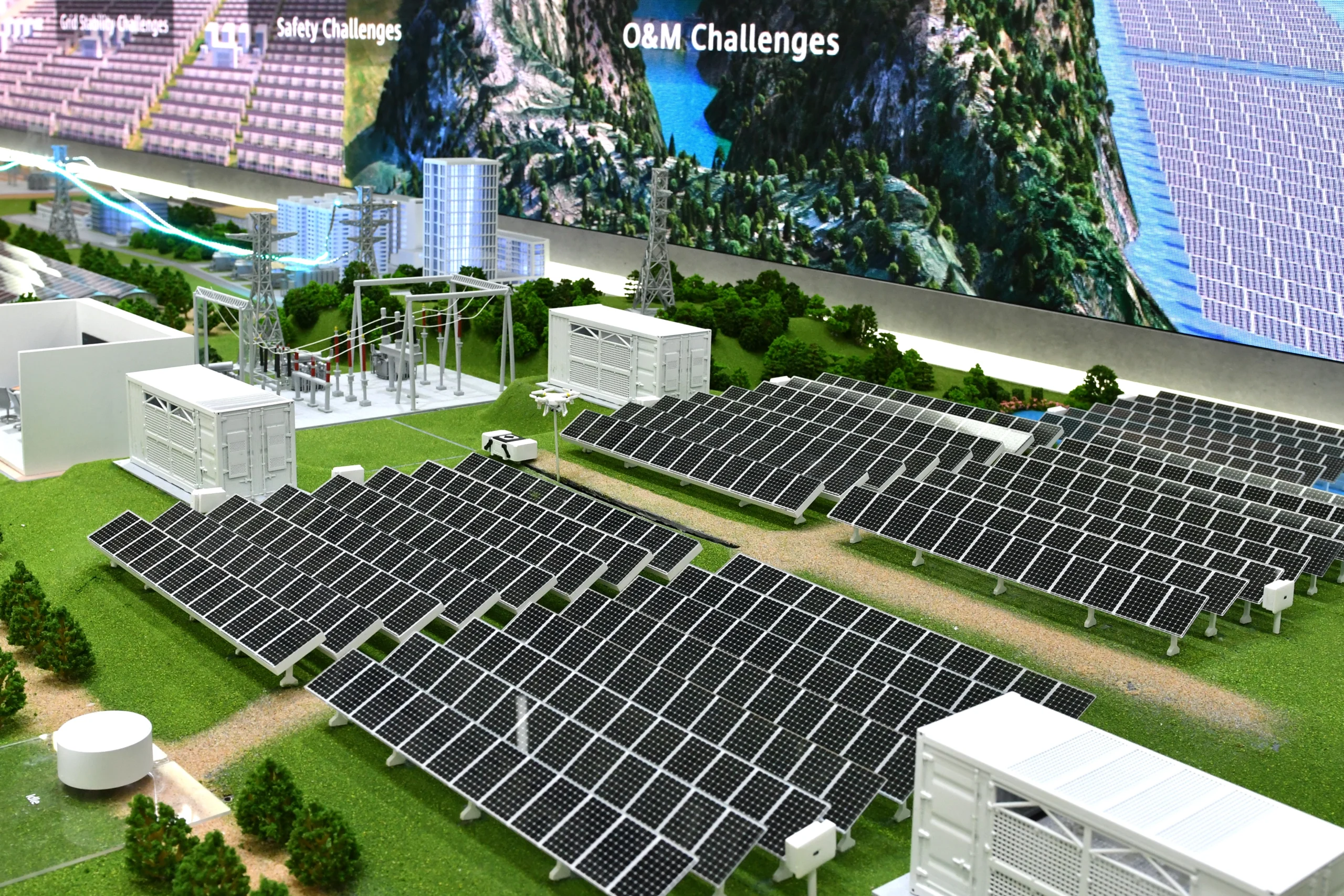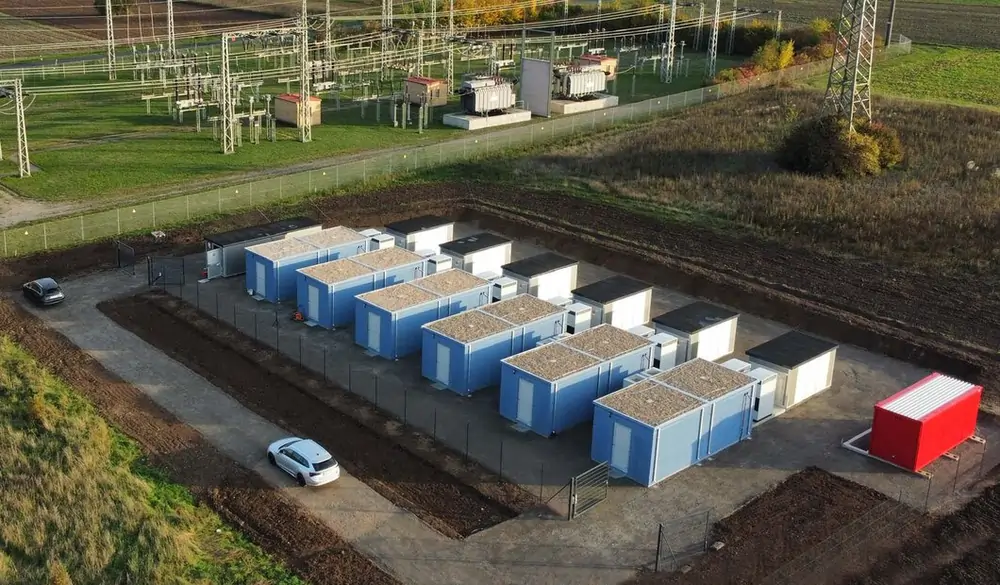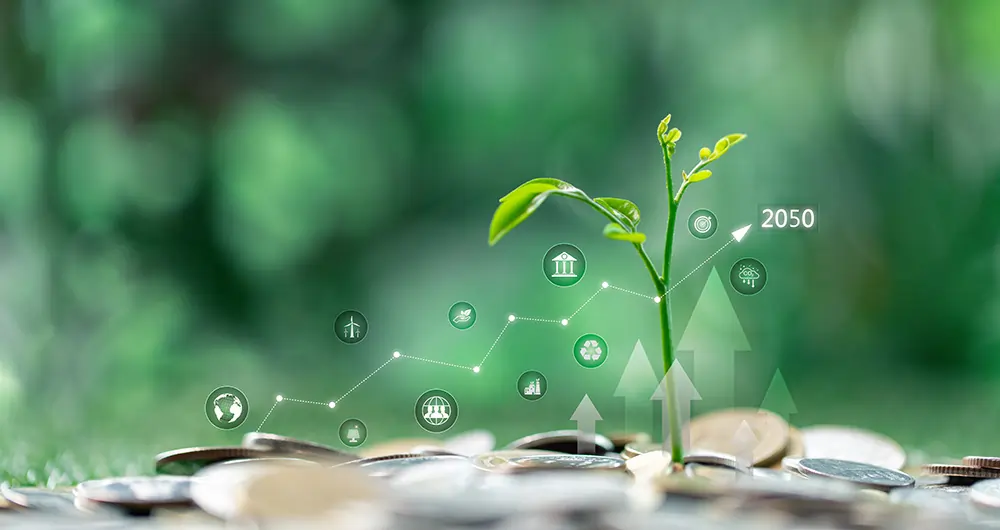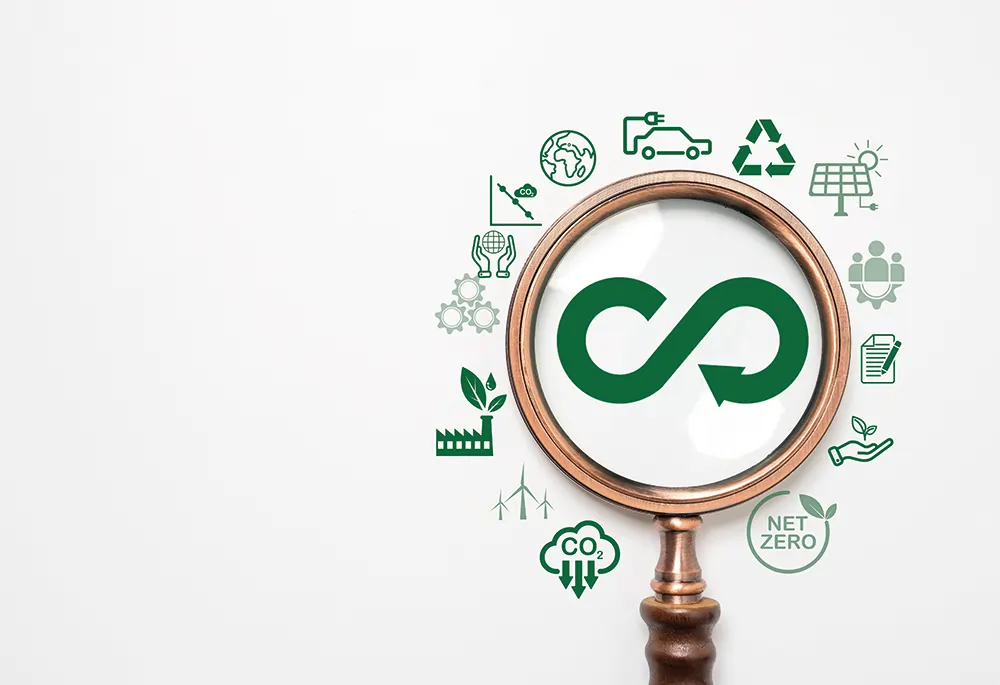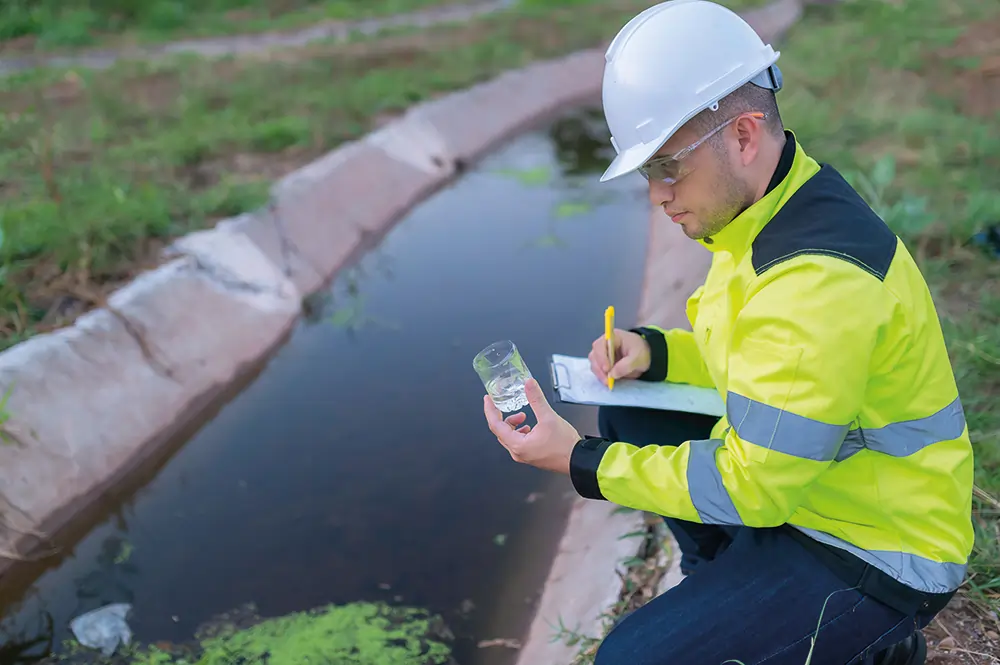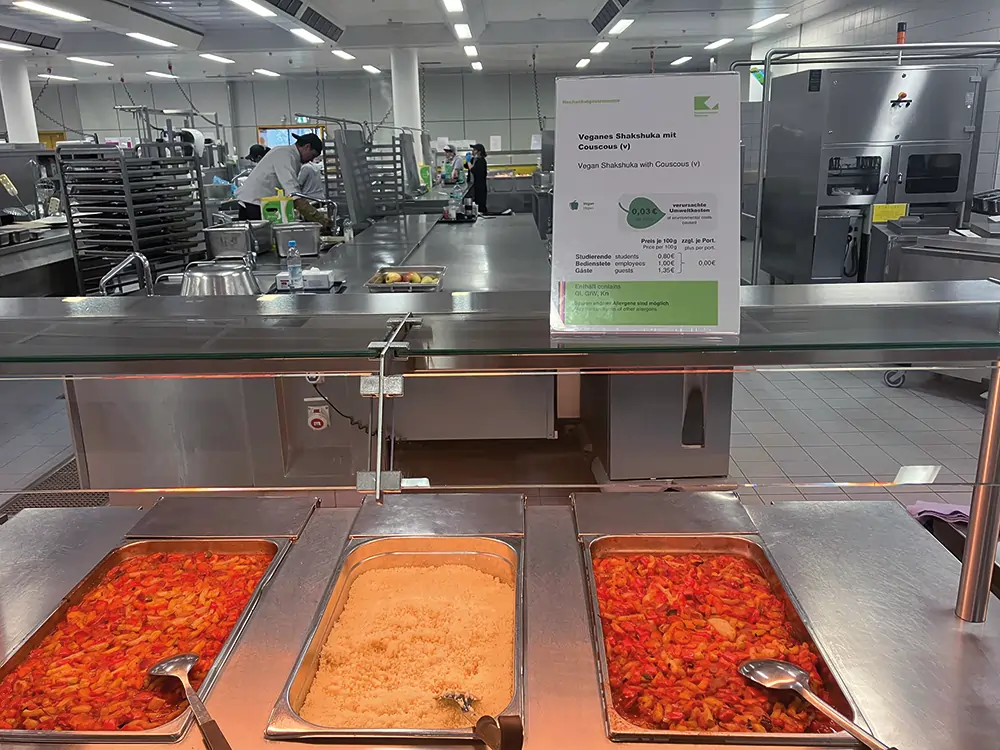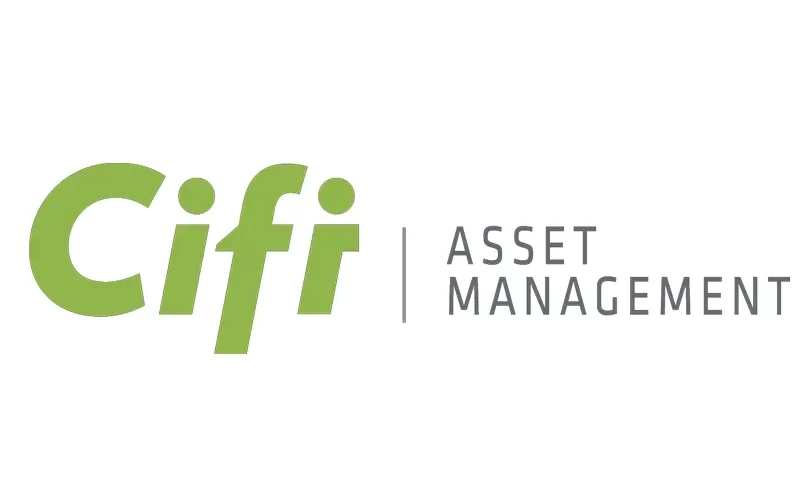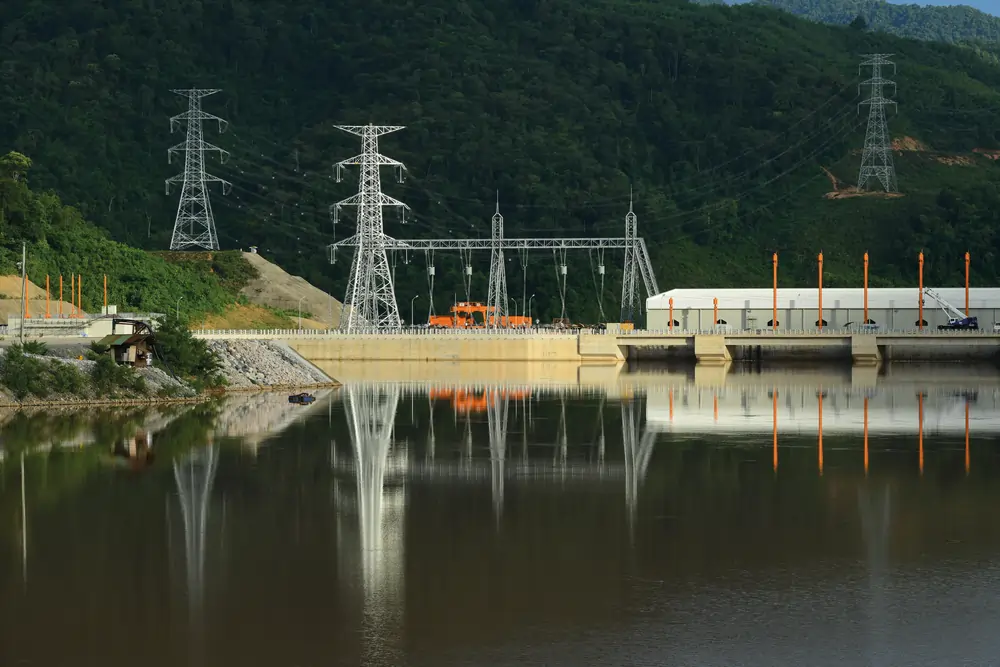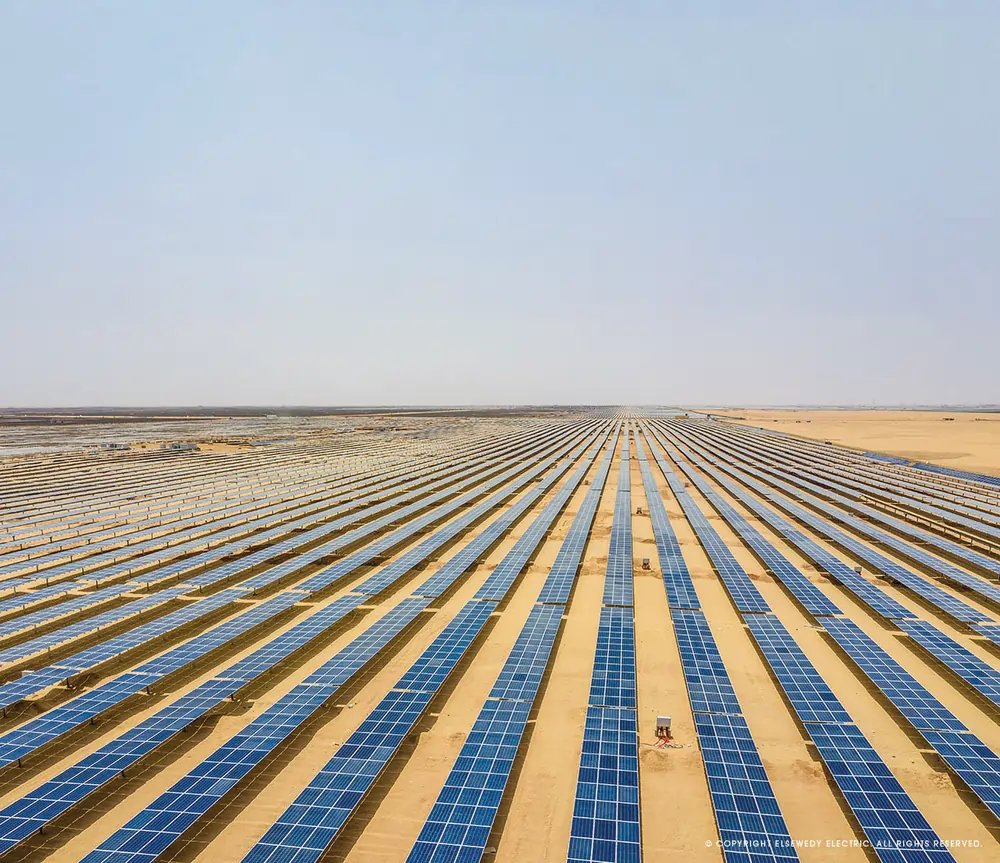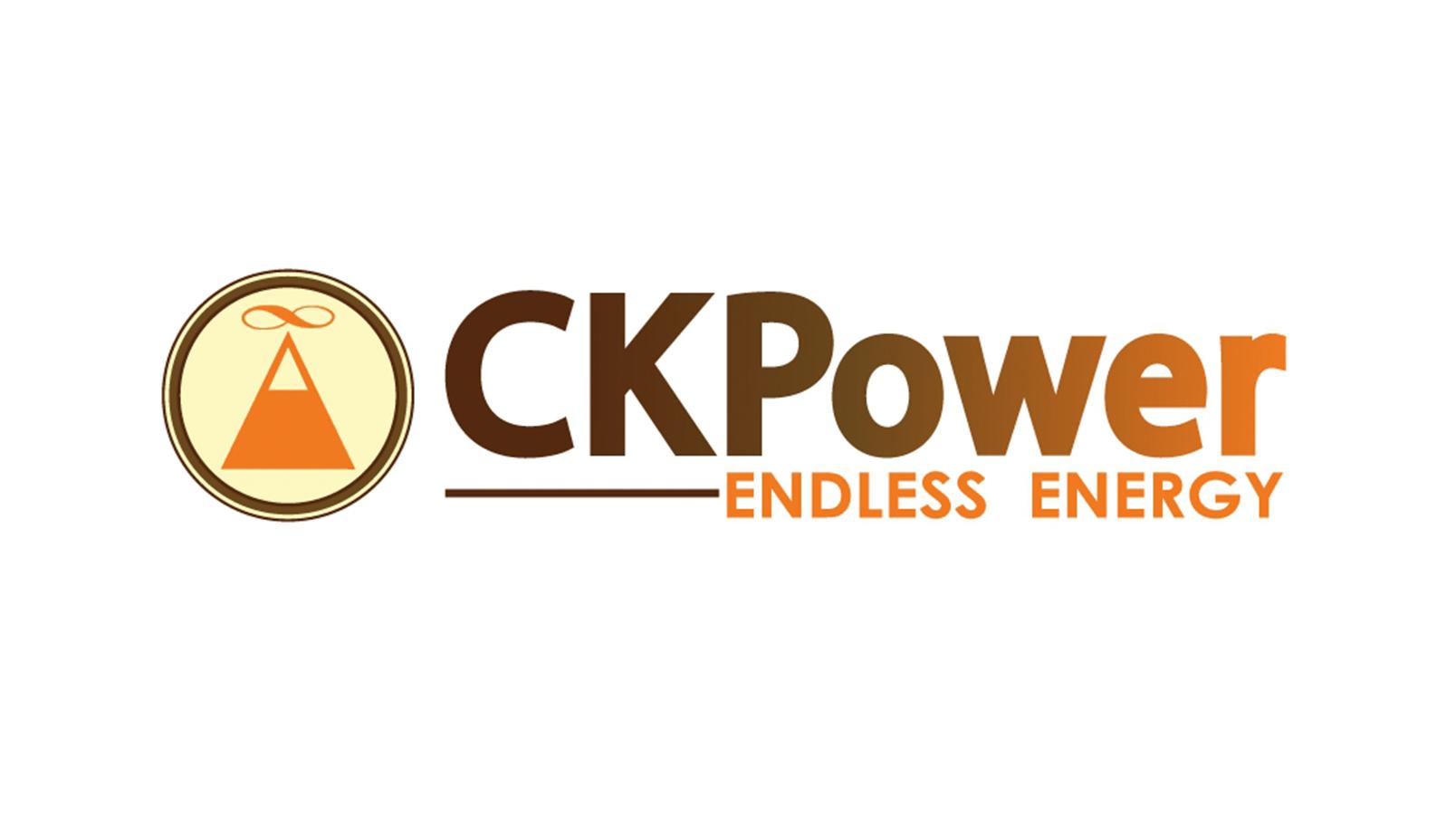The present calls for sustainable investments, and CIFI has heard that call

John E. Kaye
- Published
- ESG, Home, Uncategorized
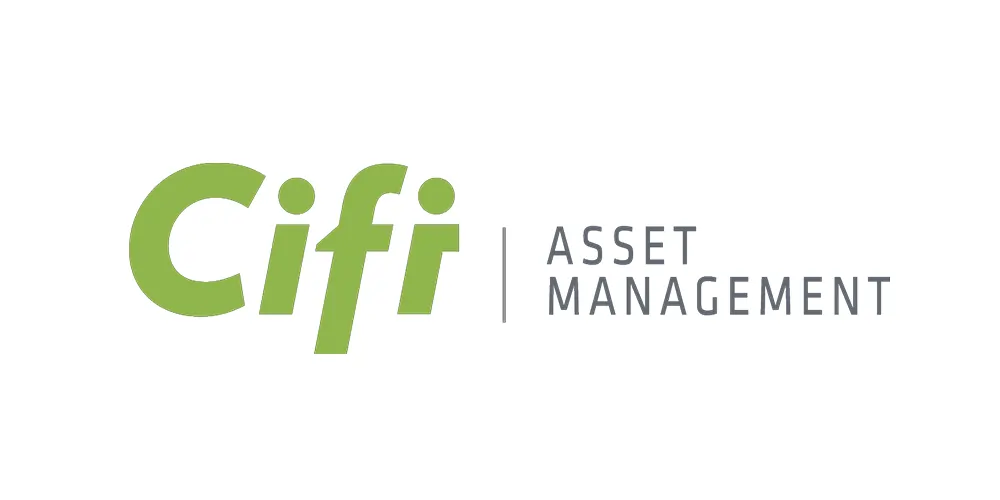
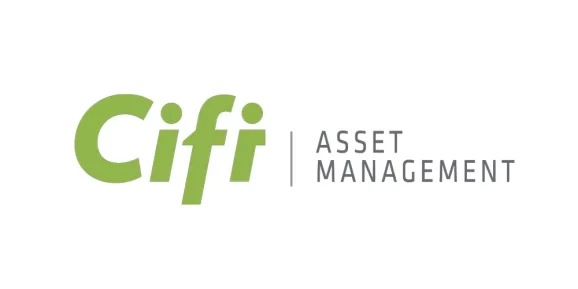
Climate change has become one of the most urgent issues for the planet’s subsistence. It is well known that environmental alterations impact the lives of millions of people with dire physical, social, and economic consequences.
In 2015, the UN set a roadmap with 17 Sustainable Development Goals (SDGs) to address various social, economic, and environmental challenges. One of these goals’ central axes is to generate actions to help combat the growing impacts of climate change. Along with these SDGs, the Paris Agreement has been in force since 2016, an international treaty adopted by 196 parties whose objective is to limit global warming in the coming years.
Yet, according to NASA, July 2023 was the hottest month since 1880. As greenhouse gas levels continue to increase, the planet’s temperature will rise significantly in the coming years.
Although the responsibility for this global disaster does not fall on a single actor, it is undeniable that our current lifestyles and industrialization based on the consumption of fossil fuels have a substantial impact on the problem. Thus, we all must change our habits to remedy the damage caused to the Earth and, therefore, to the living beings inhabiting it. One main change is how the energy we use is produced and distributed. CIFI has a sharp vision and a strong commitment in this regard.
With firm standards and a vision set for the future, CIFI has, for over 20 years, analyzed over six hundred projects and participated in more than two hundred transactions for a value of over US$ 1.8 billion, consolidating itself as a leading player in the development of sustainable infrastructure projects in Latin America and the Caribbean.
CIFI’s ambitious voluntary commitment towards sustainability led to a Climate Change Strategy that started with measuring their direct and indirect carbon footprint in 2019 to serve as a critical driver for divestments and future investments. By 2022, CIFI had reduced its total emissions financed from 950,995.62 tCO2eq in 2020 to 39,432 tCO2eq in 2022, and at the same time, invested 51% of its portfolio in renewable energy projects that have avoided over 1,000,000 tCO2eq emissions and provide energy to over a million people in Latin America and the Caribbean. This achievement is possible due to CIFI’s environmental, social, and corporate governance (ESG) strategy, robust risk management, and sustainability framework committed to fostering positive impact in all endeavors.
However, the corporation has not limited itself to the strategies it pursues with companies, governments, and international developers when structuring financing for new or expanding projects. CIFI, through its asset management unit, has launched its first CIFI Sustainable Infrastructure Debt Fund.
Sustainable investments are a growing investment instrument aiming to mitigate negative externalities while creating a positive impact by integrating ESG factors into the equation. This type of investment focuses on infrastructure sectors with high environmental and social value to ensure a better planet and provide opportunities for pensioners to contribute to clean energy, telecommunications, logistics, education, and health that are conducive to meeting both global sustainable development goals and the economic development of their communities.
Joining this trend through asset management, CIFI has developed an investment vehicle meeting all criteria defined for sustainable infrastructure. The debt fund encompasses critical infrastructure projects that support human and environmental well-being as a crucial driver for the healthy development of Latin America and the Caribbean region as a strategic sector for post-pandemic recovery.
CIFI’s sustainable infrastructure debt fund aligns with the Sustainable Development Goals and the Paris Agreement. Its total value will be US$300 million, and as of last month, it has completed its first stage for up to US$138 million, meaning there is still a window of opportunity to invest in its second US$ 162 million stage.
To that effect, CIFI has proven its success with the Dominican Republic fund (Fondo Cerrado Libre para el Desarollo de Infraestructuras Dominicanas I), which, on May 2, 2018, became CIFI’s first local currency infrastructure fund, with a size of DOP$14 billion (over 247 million in USD). The fund’s loan prospects are subject to qualification terms considering the loans having a local investment grade of a BBB minimum and complying with international ESG standards. The infrastructure sectors the fund considers are energy, telecom, logistics and transportation, tourism, environmental, construction, and social infrastructure.
To date, the Dominican Republic Fund has funded over DOP$ 13 billion (over 230 million in USD) in projects, and these are:
· SIBA Energy, Thermoelectric Power Plant, located in Boca Chica, Dominican Republic, with a capacity of 189.1 MW at completion.
· Los Guzmancito Wind Farm, located in Puerto Plata, Dominican Republic, with a total installed capacity of 87 MW.
· Canoa Solar Project, located in the Municipality of Vicente Noble, Dominican Republic, with a total installed capacity of 25 MW.
· Blue Mall and JW Marriot Hotel, located in Santo Domingo, Dominican Republic, is the most prestigious shopping mall and hotel.
For The European Magazine, CIFI’s focus and commitment to innovate with products and services that care for natural resources was relevant to awarding its collaborators the Best ESG Infrastructure Finance Team – LATAM 2022 and Cesar Cañedo-Argüelles, CEO of The Year, Sustainable Development – Panama 2022.
Both distinctions are more than deserved and are supported by the work done and the results obtained in two decades in which millions of people in Latin America and the Caribbean have been positively impacted.
Further information
cifi.com/am/sustainable-fund-investment/
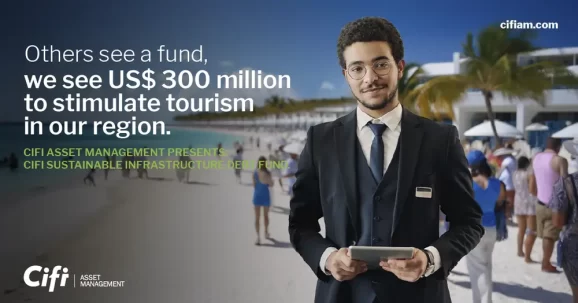
RECENT ARTICLES
-
 Jersey builds on regulatory strength to stay globally competitive
Jersey builds on regulatory strength to stay globally competitive -
 Why hybrid energy systems are set to power the continent
Why hybrid energy systems are set to power the continent -
 ees Europe: The rise of large-scale storage systems
ees Europe: The rise of large-scale storage systems -
 From reputational risk to competitive advantage
From reputational risk to competitive advantage -
 Take your business success full circle
Take your business success full circle -
 Designed for life
Designed for life -
 Is your ESMS fit for purpose?
Is your ESMS fit for purpose? -
 Digitally enable your ESG solutions
Digitally enable your ESG solutions -
 Afore SURA - The journey to sustainable investment
Afore SURA - The journey to sustainable investment -
 ESG at IDFC FIRST Bank
ESG at IDFC FIRST Bank -
 Takeaways from eco food study
Takeaways from eco food study -
 It’s all about sustainability
It’s all about sustainability -
 Invest in a Greener Tomorrow with Westbrooke Associates
Invest in a Greener Tomorrow with Westbrooke Associates -
 Q&A with Cifi Asset Management's Ricardo Rico, Head of Funds & Javier Escorriola, Managing Partner
Q&A with Cifi Asset Management's Ricardo Rico, Head of Funds & Javier Escorriola, Managing Partner -
 The present calls for sustainable investments, and CIFI has heard that call
The present calls for sustainable investments, and CIFI has heard that call -
 The power to transform tomorrow
The power to transform tomorrow -
 UK to mismanage quarter of a million tonnes of plastic waste this year
UK to mismanage quarter of a million tonnes of plastic waste this year -
 How can visionary design save the world?
How can visionary design save the world? -
 Interview with Thanawat Trivisvavet, Managing Director of CKPower
Interview with Thanawat Trivisvavet, Managing Director of CKPower -
 Elsewedy Electric - Powering progress
Elsewedy Electric - Powering progress -
 Thailand’s CKPower leads sustainable business model
Thailand’s CKPower leads sustainable business model -
 It’s time to focus on the ‘S’ in ESG
It’s time to focus on the ‘S’ in ESG -
 The seven competencies of ESG leaders
The seven competencies of ESG leaders -
 Why businesses must begin their net zero journey now
Why businesses must begin their net zero journey now -
 Every drop of the ocean is connected - Ocean Bottle
Every drop of the ocean is connected - Ocean Bottle

